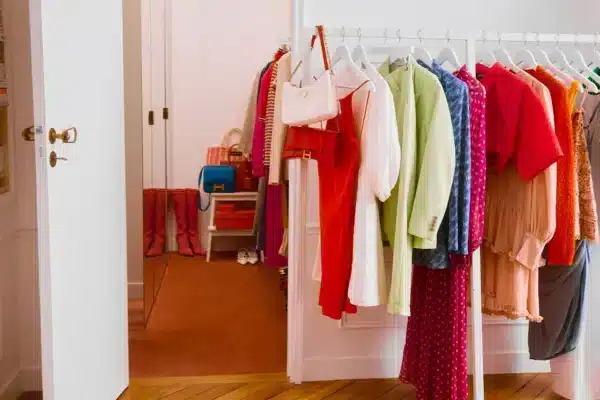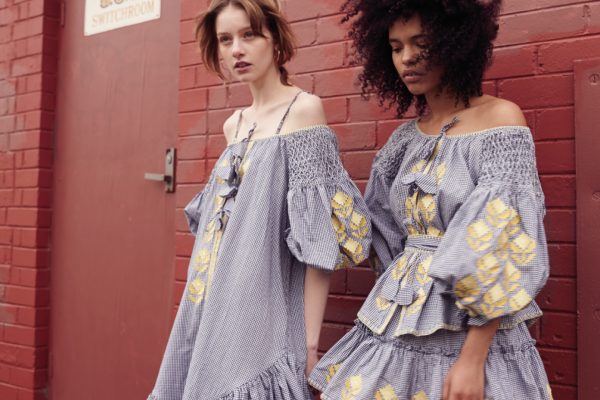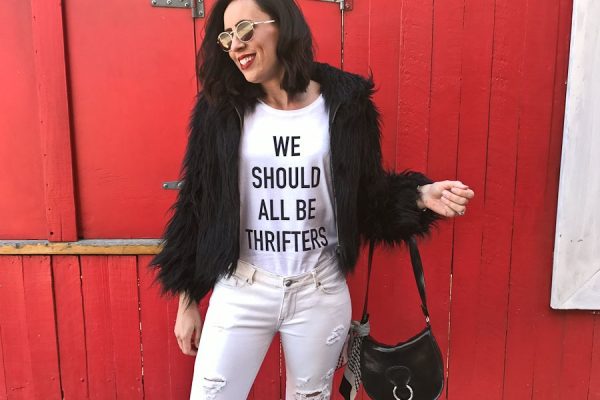If there’s one thing we talk about on The Green Hub more than ethical fashion, it’s plastic pollution.
The fact is, we have a plastic pollution problem, and it’s snowballing quickly.
Plastic pollution in our oceans is currently at a crisis point, with a staggering eight million tonnes of the stuff entering the ocean each year. Even more disturbingly, this is set to double by 2025.
We desperately need to address what’s been described as one of the greatest environmental challenges of our time, and it starts at home.
Image via Manrepeller

Going zero waste and eliminating plastic can be a challenge and does require quite a bit of research and planning. But, when it comes down to it, reducing your plastic use can be easy. Most of it involves just making different choices and simple swaps.
SUPERMARKET = BULK FOOD STORE
Instead of visiting a supermarket, take your own jars and bags to your local bulk food store. This swap means you become more mindful of what you are buying, reducing food waste, saving money, and avoiding single-use plastic packaging.
DISPOSABLES = REUSABLES
Coffee cups, reusable straws, grocery bags, water bottles. All disposable products easily replaced with replaced with reusables. The trick is to remember to take them with you!
PLASTIC PACKAGING = RECYCLABLE PACKAGING
Try your best to buy food packaged in recyclable packaging, like tins, cans, glass jars, and cardboard boxes. Even if the packaging is plastic and recyclable (e.g., milk bottle), opt for a glass option instead- glass is far more readily recycled.
PLASTIC WRAP = BEESWAX WRAP
Beeswax wraps are squares of cotton coated with beeswax (or a vegan alternative) which can be wrapped around sandwiches, placed on top of bowls and molded around the edges with the warmth of your hands, and even tied around bread. These wraps keep your food fresh with the preserving qualities of beeswax and can be reused for several months up to a few years before needing to be replaced.
MEAT FROM THE SUPERMARKET = MEAT FROM THE BUTCHER IN A BYO CONTAINER
If you’re a meat eater, you’re probably already aware of the excessive plastic packaging meat involves. Ask your butcher to put your meat straight into a BYO container and ask them to forgo the plastic gloves.
TAMPONS AND PADS = REUSABLE MENSTRUAL PRODUCTS
The average woman will throw away between 10,000 and 15,000 pads and tampons in her lifetime. Using sustainable menstrual products is just one more thing we can easily do to live a little greener. There are several different options from menstrual cups to period underwear, it’s a very personal choice, and we recommend trying a few options to see what works best for you.



